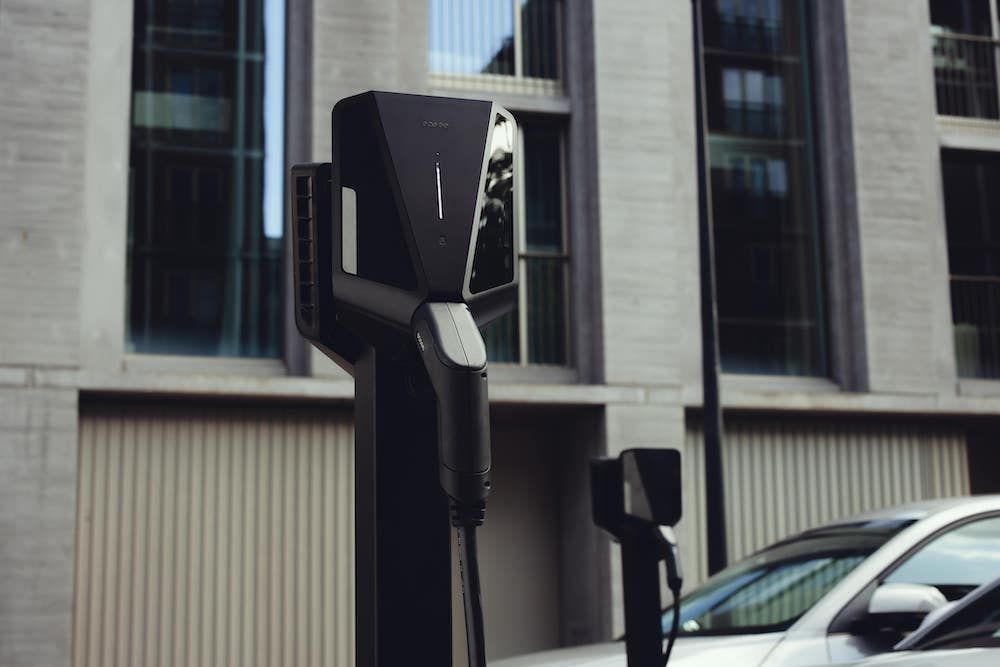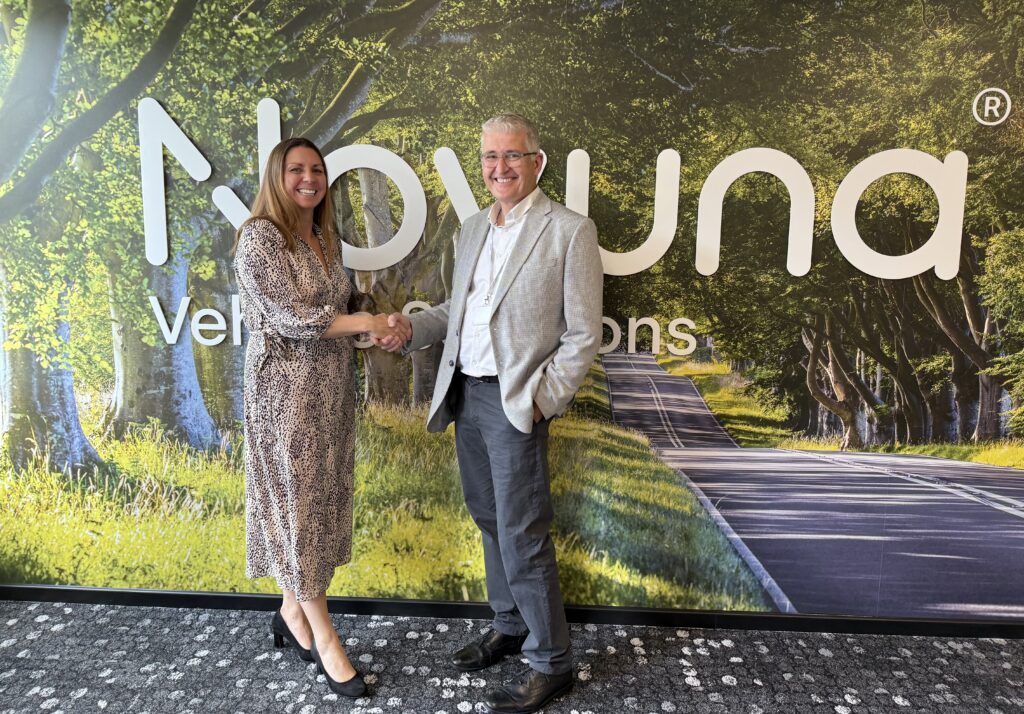Car manufacturer Nissan is reportedly in advanced talks to build a significant electric car battery plant in the UK, with the Financial Times reporting that Nissan wants the UK to be its main electric hub outside Japan.
The Financial Times also reported that the factory, which would be built on the existing Sunderland site, would produce 200,000 batteries a year and potentially support thousands of jobs.
The UK’s electric vehicle market is expected to soar over the next few years as the UK gets ready to end the sale of new petrol and diesel vehicles by 2030.
In a released statement, Nissan said: “Having established EV and battery production in the UK in 2013 for the Nissan Leaf, our Sunderland plant has played a pioneering role in developing the electric vehicle market.
“As previously announced, we will continue to electrify our line-up as part of our global journey towards carbon neutrality. However, we have no further plans to announce at this time.”
The government has already been clear it has an ambition to build at least one giga factory in the UK, and is conducting regular talks with different parties – including Jaguar Land Rover and Britishvolt.
A Britishvolt spokesperson, said: “Britishvolt is the UK’s foremost investor in lithium-ion battery cell technology and R&D, are encouraged by news reports of potential further Gigafactory investments in the UK. It underscores the importance of lithium-ion battery facilities to keep up with the growing demands from OEMs as they transition to electrification.
“It is also positive to understand that UK Gov. is taking battery production seriously, on the road map to net zero, and are backing this up by providing funding in line with that provided in the EU for its battery industry development.”
A spokesperson for BEIS, said: “We are committed to ensuring the UK continues to be one of the best locations in the world for automotive manufacturing through a major investment programme to electrify our supply chain, create jobs and secure a competitive future for the sector.”
Image: Shutterstock














